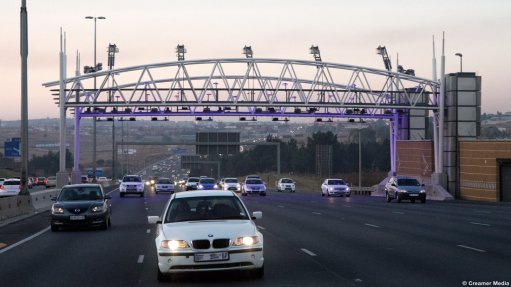
Photo by: Duane Daws
People must approach the Gauteng Freeway Improvement Programme (GFIP) e-toll system as a means of contributing to society as a whole, South African National Roads Agency CEO Nazir Alli said on Monday.
Speaking as part of a panel discussion at the 2014 Civilution Congress, in Kempton Park, he pointed out that the e-toll system formed part of a behavioural shift in terms of opting to switch from private to public transport, to tackle challenges of inequality by affording everyone access to reliable transport.
“If we, as individuals, [adopt] the attitude [of] not car[ing] about society, we will [take] a different approach to how we contribute [to programmes such as the GFIP],” Alli said.
Further, he pointed out that South Africans already paid for “everything else”, such as water and electricity, and, therefore, asked why citizens could not understand the concept of paying for roads as well.
Alli added that, in 2010, the country had a R149-billion backlog relating to the establishment of roads infrastructure.
“Now, how do we fund [these infrastructure developments] if we only look at our own interests and do not think about the rest of society and what we would like to become,” he said, noting that citizens needed to decide to become a part of the solution.
Also speaking on the panel, National Planning Commission commissioner Professor Mike Muller added that engineers had a role to play in addressing the social challenges surrounding the user-pays principle and could contribute through explaining the need for infrastructure, such as the e-toll gantries, and forging trust between South African citizens and government, which was implementing infrastructure improvement programmes.
“If we can build support for the GFIP, we can do about anything,” he said.